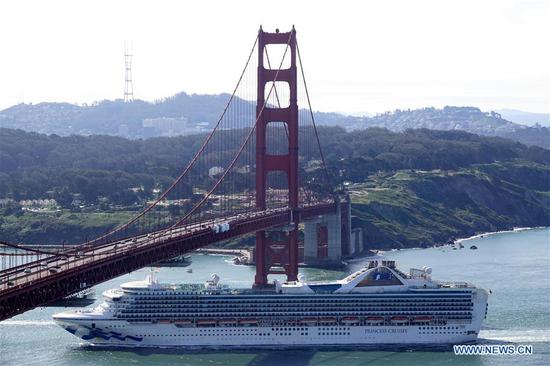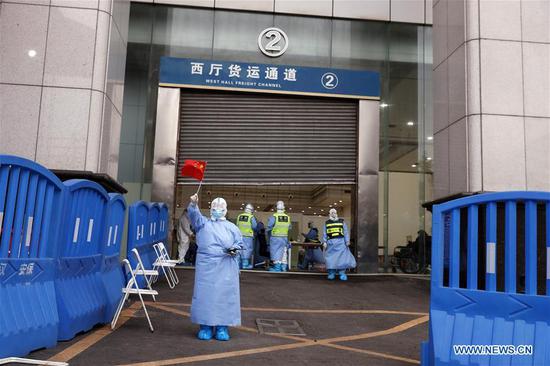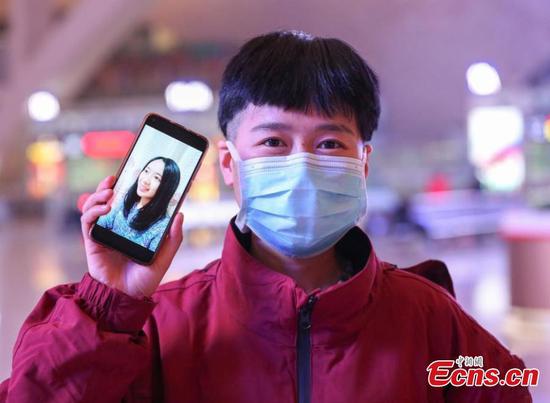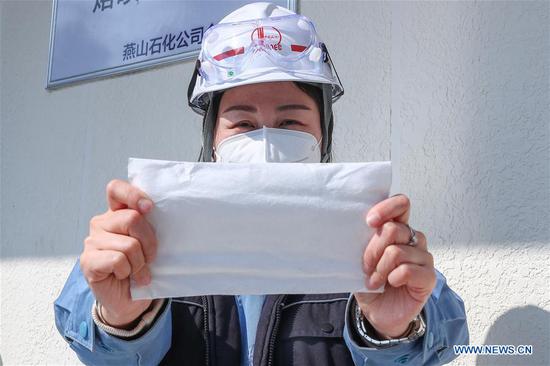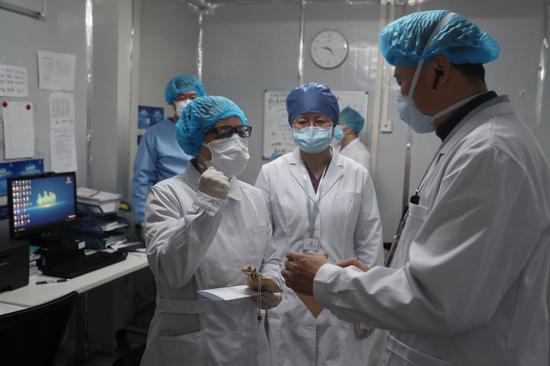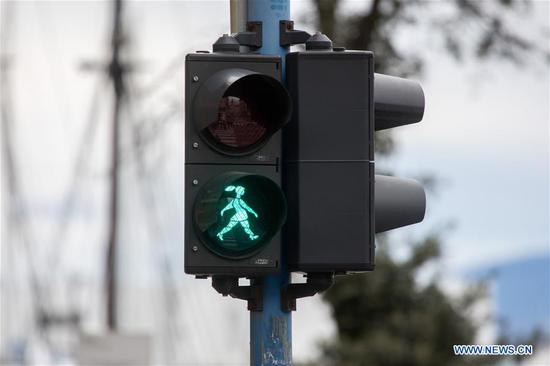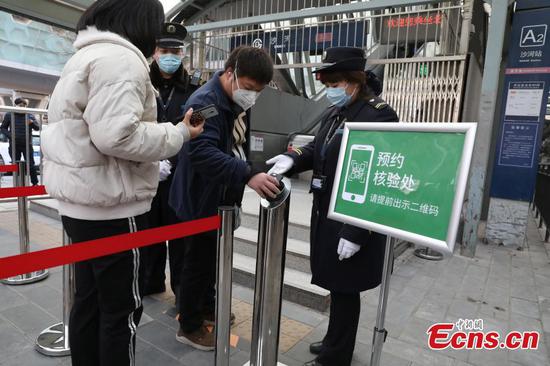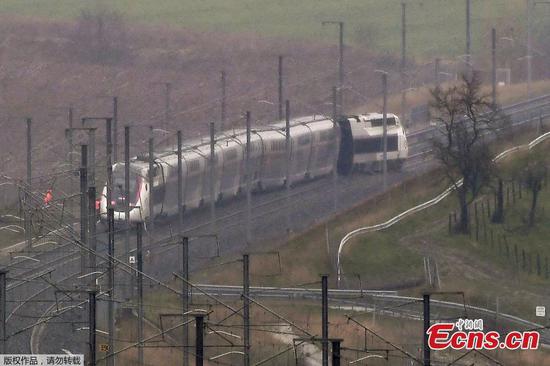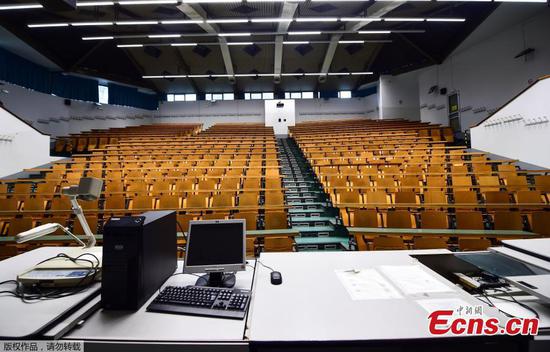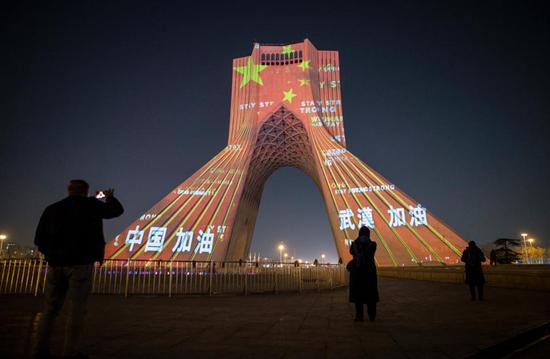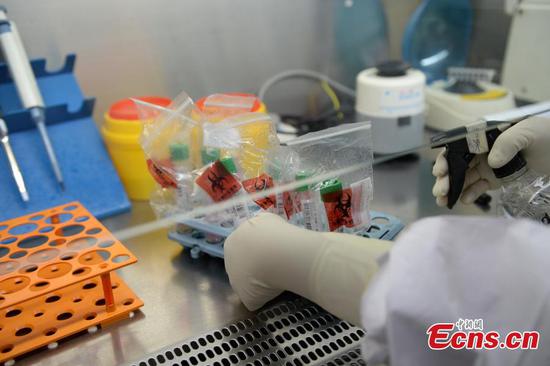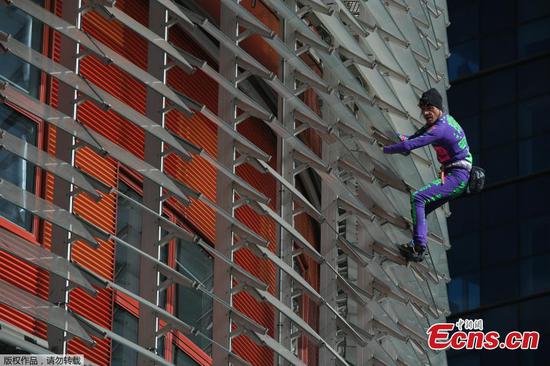A group of Conservative Members of Parliament in the United Kingdom has come out against legislation that grants Chinese telecommunications company Huawei permission to build 5G network infrastructure in Britain.
Conservative MP Iain Duncan Smith has tabled an amendment that seeks to block so-called "high risk vendors" from working with the UK mobile operators in the rollout of 5G, which is the latest generation of network technology.
Earlier this year, UK Prime Minister Boris Johnson announced that Huawei would be able to participate in British networks in a restricted capacity, a decision criticized by several colleagues from within his own party, and which drew ire from the United States.
With the support of seven other MPs, Duncan Smith is calling on the government to phase out Huawei by 2022. The group will need to gain the support of a total of 44 Conservative MPs to challenge Johnson's majority in Parliament.
The amendment has the backing of several prominent Conservatives including the chair of the Foreign Affairs Committee Tom Tugendhat, Graham Brady, who is the chair of the 1922 Committee of Conservative backbenchers, and former Cabinet ministers Damian Green and David Davis.
Duncan Smith outlined his opposition to Huawei in an article published last week in UK newspaper the Daily Telegraph.
"The government's decision to go ahead with Huawei in the 5G network has angered our allies and perplexed those of us who see this as an avoidable risk," he said. "It has brushed aside the concerns of our most important partners around the world, leaving us friendless on the world stage."
The UK is part of the so-called Five Eyes intelligence-sharing community, which also includes the U.S., Canada, New Zealand and Australia. The U.S. has lobbied for Five Eyes members to join a boycott of Huawei due to security concerns.
The U.S. has accused Huawei of participating in digital espionage on behalf of the Chinese government, however it has not provided any evidence to support this claim, according to the UK National Cyber Security Centre.
In January, the UK government announced plans to allow Huawei to continue operating in the UK in a limited capacity. Huawei kit would be omitted from the most sensitive parts of UK networks, the government said, and the Chinese company must adhere to a market share cap of 35 percent.
"How we construct our 5G and full fiber public telecoms network has nothing to do with how we share classified data," UK Foreign Secretary Dominic Raab said following the government's decision. "And the UK's technical security experts have agreed that the new controls on high-risk vendors are completely consistent with the UK's security needs."












